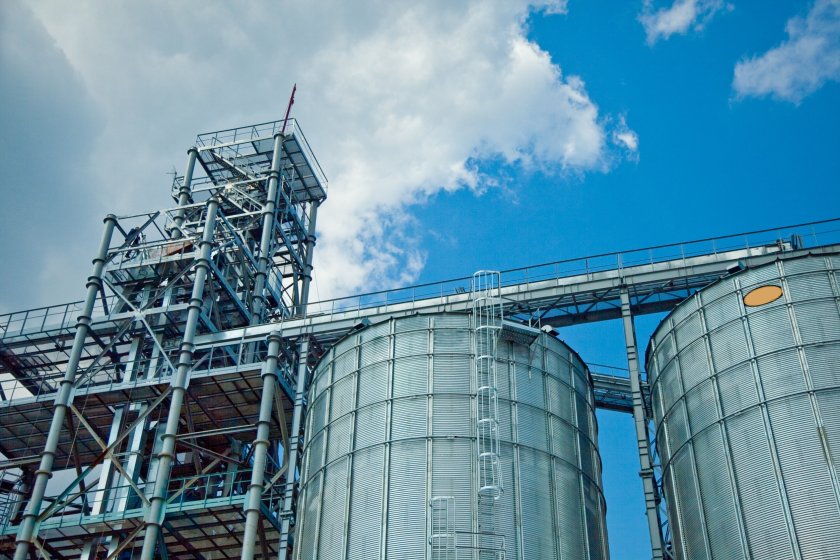
A new Defra survey has highlighted the risks of disease in animal feed storage units, with farmers advised to regularly clean such facilities.
Following a survey in late 2023, Defra has released advice to cattle farmers to help reduce the risks of disease in animal feed storage units.
The advice highlights the importance of cleaning animal feed storage areas, containers and equipment regularly and thoroughly.
This will maintain healthy and productive animals, avoid unnecessary contamination and reduce the risk of disease on your farm, Defra says.
Regular cleaning of feed storage facilities – silos, floors, bays, bins – prior to receipt of new feed deliveries is vital to maintain productive animals.
Remnants of old feed can become trapped in joints, grooves and crevices with the potential to remain in place for many years, causing feed spoilage and illness from mould and contaminants and reduce feed quality.
Where feed storage on farms pre-dates August 1996, farmers are advised to decommission and replace feed silos, as this will reduce the potential risk of BSE.
If this is not possible, Defra highly recommends that a thorough clean, inside and out, is carried out as soon as possible to ensure any potential for remnants of old feed are removed.
A professional cleaning service may be helpful where deep cleaning is challenging, the department explains.
BSE in cattle can be caused by cattle eating rendered animal products contaminated with the BSE agent.
A very small amount of contaminated feed can infect an animal with the BSE agent.
Due to a ban in 1996 on animal proteins in feed for farm animals, cases of classical BSE are now rare, but cases do still occasionally occur.
Strict monitored reviewed controls remain in place in the UK to protect people from BSE.
What is Defra's advice?
• Information on old silos – For silos predating August 1996, replace them to eliminate BSE risk. If not possible, thoroughly clean inside and out, removing old feed remnants, and always ensure it's dry before storing fresh feed
• Cleaning advice and methods – Establish an effective, documented system to regularly empty and clean storage units. Do this before new feed consignments, aiming for at least every 12 months.
• Residue recommendations – Utilise dry or vacuum methods to remove feed residues, particularly in joints and grooves. Thoroughly clean troughs and hoppers
• Disinfecting advice – Apply a suitable Defra-approved disinfectant after cleaning, especially with wet methods and dry your storage facility before refilling
• Organisation ideas – Consider the type and condition of your stored products. Your storage area should keep your products clean, dry and orderly.
• Record-keeping suggestions – Keep detailed records of cleaning activities, noting date, time, location, areas or equipment cleaned, and cleaning products used.
• Retain records for at least seven years
